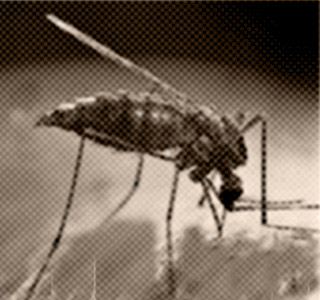
Malaria is believed to have become increasingly stronger over the span of 40 years. It has apparently become quite resistant to many drugs that were previously used to control the disease. The experts have stated that the main criterion of the study was to find a novel solution to control this infection.
The investigators are believed to have started their study with Plasmodium falciparum, which is believed to be the most dangerous form of malaria. A report by the Centers for Disease Control and Prevention is said to have estimated that globally, around 350 to 500 million cases of malaria take place due to Plasmodium falciparum. According to the study, the investigators developed a new strategy to curb the growth of the parasite by locking the parasites inside the host cell itself.
Lead study expert, Doron Greenbaum, PhD., Assistant Professor of Pharmacology in the Pennsylvania School of Medicine, says that, “Researchers can now develop ways to kill parasites by placing roadblocks in the path they use to destroy their victims.â€
It is believed that the parasites thrive on enzymes stolen from the host cell for successful infection. Thus, locking the parasites inside the host cell is believed to have a complete control over the spread of malaria.
“We always suspected that enzymes called proteases might be required to help parasites escape from the infected cell, but had assumed that these enzymes were produced by the parasites themselves. We had never considered that parasites might instead hijack host cell proteases. It’s an ingenious system,†says Greenbaum. “Our findings open up whole new window for drug discovery.â€
David Roos, PhD, the E. Otis Kendal Professor of Biology and Ellison Medical Foundation Senior Scholar of Global Infectious Diseases, who co-investigated the study, said that, “This work is a triumph of integrative science, combining modern techniques in chemistry, biology, genetics, pharmacology, and genomics.â€
The experts further stated that their study even included an analysis of the parasitic disease called Toxoplasmosis. This disease is believed to be a major cause of birth defects around the world and is considered to be harmful to people having a low immune system.
The study findings have appeared in an online journal called Science.
